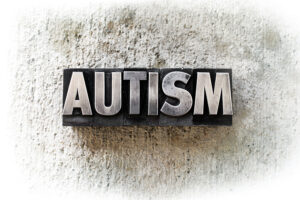When we think about what makes a great music teacher, we often talk about degrees, technique, and lesson planning. But in our experience, one of the most powerful influences on our teaching came from outside the traditional studio—through our backgrounds in music therapy.
In this reflection-style post, we’ll share how experience in music therapy enhances teaching and deepens the way we connect with students of all ages and needs.
Empathy Over Expectation
In music therapy, the focus isn’t always on “playing the piece correctly”—it’s on emotional presence. That mindset has carried into our lessons.
For example, when a student comes in distracted or anxious, we don’t push them through scales. We pause. We listen. We shift the plan. Therapy taught us to value connection before correction. And that change has led to:
-
Stronger student-teacher relationships
-
Fewer meltdowns in lessons
-
More trust in the learning process
Flexibility Is a Teaching Superpower
Music therapy demands constant adaptability. No two sessions look the same. That flexibility makes us better at:
-
Rethinking the week’s goal on the fly
-
Responding to learning challenges or sensory needs
-
Creating custom exercises based on mood, energy, or attention
Private lessons can (and should) feel dynamic, not rigid. Therapy helped us learn to listen—to what’s said, and what’s not.
Music Isn’t Just a Skill—It’s an Outlet
Some of our most rewarding lessons have come when music helped a student express something they couldn’t put into words. Whether it’s a teen improvising a sad melody or a younger student banging out frustration with rhythm sticks, those moments aren’t just “extra”—they’re essential.
Understanding the emotional weight music carries helps us teach with more depth, and it reminds us: music is always personal.
If you’re curious about helping your child build a stronger emotional relationship with music, this article from Verywell Mind explains more about music therapy’s benefits.
FAQ
Do you need therapy training to teach music well?
Not at all—but awareness of emotional and developmental needs can elevate your teaching.
Can private lessons include therapeutic elements?
Yes. While not therapy, lessons can be emotionally supportive and student-centered when taught with empathy.
What if my child has special needs?
Private teachers with music therapy backgrounds can often adapt lessons to meet your child where they are. Ask about experience and approach.
Final Reflection
We became better music teachers because of what music therapy taught us: how to lead with empathy, how to be flexible, and how to recognize that sometimes, the most important thing we teach isn’t technique—it’s trust.
For more ideas on how emotions and learning go hand-in-hand, check out our blog on calming nerves through musical balance.
